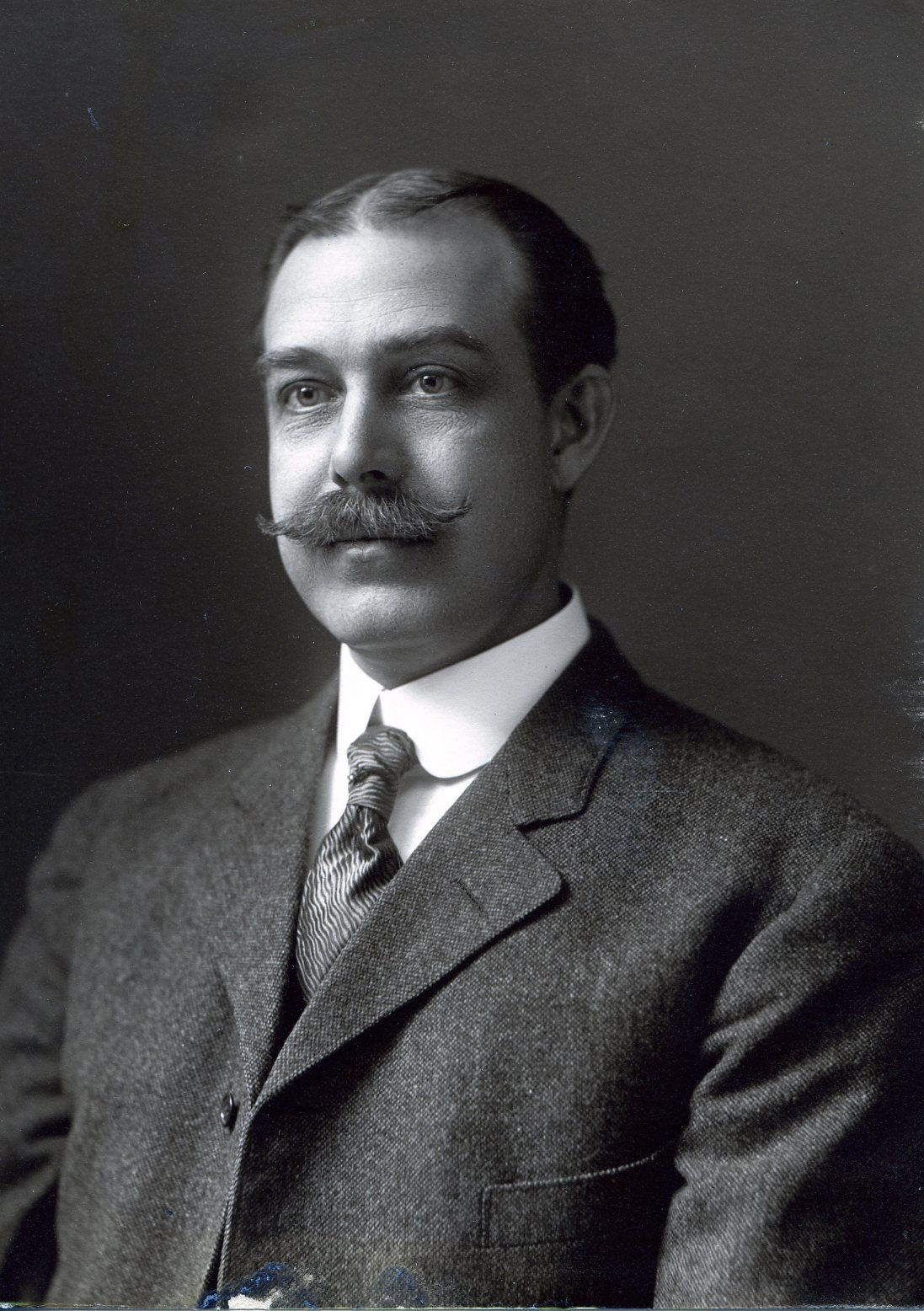Engineer
Centurion, 1913–1934
Born 14 May 1858 in Andover, Connecticut
Died 6 September 1934 in Chester, Nova Scotia, Canada
Buried Saint Augustine's Roman Catholic Cemetery , Chester, Nova Scotia, Canada
, Chester, Nova Scotia, Canada
Proposed by William Church Osborn and Frank H. Scott
Elected 3 May 1913 at age fifty-four
Century Memorial
New York has tried every imaginable type of executive as chief of its metropolitan police, ranging from promoted detectives to transferred banking superintendents, from Tammany rough-necks with dialect of the East Side to West Pointers with a regular army record. Some of them outlived politically their nominal term of office, but usually these were police commissioners who took orders obediently from “higher-up” and levied their own private tribute on petty violators of the law. Those who were men of character and independence were very apt to spend a year or two in constant collision with the politicians and the Mayor, then either resigning office wrathfully or being removed on whatever pretext occurred to the superior’s mind.
General Theodore Bingham occupied the post from the beginning of 1906 to the middle of 1909. He brought from his regular army service and from his six-year autocratic career at Washington as Superintendent of Buildings (including the White House, where President McKinley took orders humbly from him), the tradition of vehement personality, rugged honesty, and exceedingly plain speech. These qualities were at once displayed in Mulberry Street. Before his first year of service ended, newspapers were talking of the “man who broke the system.” Nobody questioned the better discipline which prevailed throughout the force. But the enemies who could not undermine Bingham because of his preemptory administrative methods, his drastic changes in official personnel, were able to make head against him because of his impulsive public utterances. When a commissioner declared that certain police captains who refused to retire and who could not legally be ousted would serve the public interest best by dying, and when he impulsively described New York as “the dirtiest place upon this earthly foot-stool,” it became easier to attack him. Eventually, Mayor McClellan removed him and the Mitchel administration, possibly having its own misgivings over Bingham’s sharp tongue and unruly propensities, did not reappoint him. But his successors in the office were never able wholly to discard the sound executive traditions established under Bingham.
Alexander Dana Noyes
1935 Century Association Yearbook

